Historical Context
The survival of concert programmes from the first half of the eighteenth century is rare throughout the British Isles. For Manchester, the records of the 1744/45 subscription series of sixteen concerts are unique.
The concert series took place on the eve of the Jacobite rising—Jacobite troops entered Manchester in November 1745. The times were not encouraging for cultural enterprise and the next clearly documented concert was not until 1753. The Jacobite rising is likely to explain the decline in subscriber numbers as the 1744/45 series progressed. The subscription list includes many known Jacobite sympathisers, stemming from the principal, elite families of the town and surrounding area. Bonnie Prince Charlie himself is thought by some to have visited Manchester in disguise in the summer of 1745, staying at Ancoats Hall, residence of the then lord of the manor, Sir Oswald Mosley. As a keen collector of music in Rome, Charles has even been proposed for a ‘Mr. Anonymous’in the subscription list for the first quarter of the series. Although the Jacobite armies did not cross the border to Carlisle until November 1745, and took possession of Manchester on the 29th, the Young Pretender’s purported visit a few months before coincides with the entry ‘no musick’ in the concert records for August 6th 1745. Historical fantasy might suggest that, under cover of a ‘society’ concert, he and his many sympathisers were securing rebellious plans. Whatever the truth, unsettled times in themselves may explain the lack of ‘musick’ for this penultimate concert,and indeed the apparent cessation of these concerts after August 20th.[i]
‘The Jacobite Army arrives in Manchester, 29th November 1745’ (David Ebsworth, ‘Jacobites–Manchester Jacobites’, December 2015).
The information we have about this concert series is contained in a small record book, now lost but a careful transcript was made by John Harland, a Manchester journalist, in the centenary year 1844 (though not published until 1867).[ii]The contents have an interest and importance far beyond the purely musical, shedding light on the social and cultural milieu of Manchester at a crucial and sensitive time. Some of the subscribers known to have been Jacobite sympathisers came to a particularly nasty end. Officers of the Manchester Regiment were sent for trial to London and executed. The heads of three of them were returned to Manchester and displayed as traitors on top of the then Exchange, a warning to other Jacobites. One was a son of Dr Thomas Deacon, a non-juring bishop. When the aged bishop passed the Exchange, he reverently saluted the blackening remains, rejoicing that he had a son who endured martyrdom for the Stuart cause.
‘The Old Exchange’ (David Ebsworth, ‘Jacobites–Manchester Jacobites’, December 2015).
Dr Pauline Nobes
[i]Miss Byrom makes the following entry in her 1745 diary: ‘November 12th: yesterday was at the concert, but two Presbyterians; my uncle and aunt Houghton gone to Kirshaw….’ The matter-of-fact mention of a concert, almost in passing, seventeen days before Manchester’s ‘occupation’, could refer to the continuation of the concert series where similar records were either not made or have been lost). Her father, Dr. John Byrom, and family members Edward and Ann Byrom were subscribers for the 1744/45 series and were known supporter of the Jacobites. Concert attendance of ‘but [only] two Presbyterians’ may or may not fuel the conspiracy theory. ‘The Journal of Elizabeth Byrom in 1745’, Vol. II. Part II. The Remains of John Byrom. ed. Richard Parkinson(Manchester: Chetham Society, 1857), p.4.
[ii]John Harland, ‘Manchester Concerts in 1744’, 1844, Remains Historical & Literary. Chethams Society lxxii /1867), pp. 66-77.


